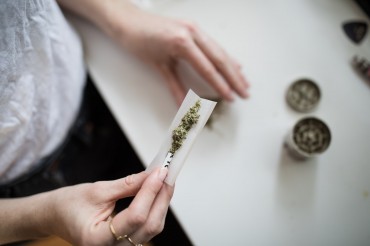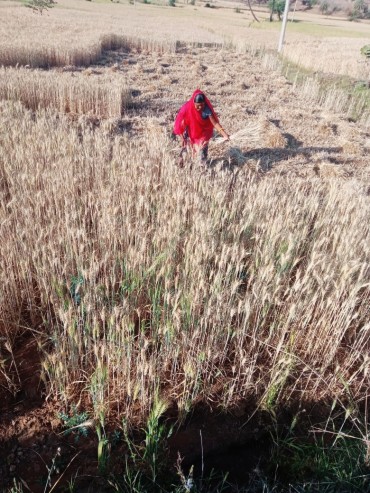During his State of the State address last week, Governor Andrew Cuomo unveiled plans to legalize the adult use of cannabis in the state of New York. The Governor is expecting the new program to help boost the state’s economy stressed by the pandemic, and promises that a sizable portion of marijuana taxes will be allocated for communities of color that have been impacted by the war on drugs.
“Despite the many challenges New York has faced amidst the COVID-19 pandemic, it has also created a number of opportunities to correct longstanding wrongs and build New York back better than ever before,” Governor Cuomo said. “Not only will legalizing and regulating the adult-use cannabis market provide the opportunity to generate much-needed revenue, but it also allows us to directly support the individuals and communities that have been most harmed by decades of cannabis prohibition.”
This is the third time Cuomo attempts to enact the policy change, but on both previous occasions the initiative died in the legislature.
Under this year’s proposal, people ages 21 and over will have a right to legally possess up to one ounce of marijuana, as well as purchase it from licensed retailers. The bill does not provide for the licensing of neither delivery services, nor on-site consumption, but leaves the door open for those options to potentially be added in the future, reports Marijuana Moment.
However, municipalities with populations of 100,000 or more will have the option to ban marijuana businesses in their area.
In 2019, when the original plans to legalize recreational marijuana in the State of New York were unveiled, Nassau County chose to opt-out of allowing cannabis-related businesses, citing such issues as public safety, the possible financial ripple effect, unresolved challenges to banking in the cannabis industry, and traffic safety.
That same year, Suffolk County was considering a similar ban, however the move to prohibit recreational sales eventually lost steam after it became evident that the State of New York would fail to pass the legalization law.
This time around, stakeholders express confidence that the state legislature is trending more progressive and reform will advance. After the success of Democrats in the November election and in light of a similar legalization initiative enacted in New Jersey, expectations run high.
Cuomo’s administration is projecting a windfall of taxes from recreational sales to the tune of more than $300 million annually, and $100 million of those funds will be reinvested in communities of color which have been over-policed and over-incarcerated during prohibition.
At the moment, 15 states and the District of Columbia have enacted laws that allow the recreational use of marijuana, and it is decriminalised in another 16 states, including New York where the possession of up to two ounces of dried flowers, as well as smoking marijuana in public were reduced to a violation with a fine as low as $50.
However, the substance is still illegal under federal law. Even the sale of cannabis seeds is not permitted in the US, and seed banks of the American origin, such as FastBuds, are forced to work from overseas—countries like Spain or the Netherlands where the laws regulating cannabis are less restrictive.
Last December, the House of Representatives passed the landmark law decriminalizing the substance at the federal level. Under Bill H. R. 3884, cannabis is to be excluded from the Controlled Substances Act. The chances of the bill also passing the Senate are slim, but, if signed into law, it will give states like New York both the power and the incentive to enact their own reforms without fearing that they would clash with federal regulations.
Meanwhile, Governor Cuomo believes that that the moment is ripe and that 2021 will be the year that marijuana is legalized in the state.
It remains to be seen how Long Island legislators will react to the Governor’s new adult-use program this time. In any case, if a local government decides to block the sales of recreational marijuana in their area again, its residents who are 21 years of age or older will still have the right to possess and consume cannabis, as well as obtain it from those neighbouring counties that opt in.

























































Comments